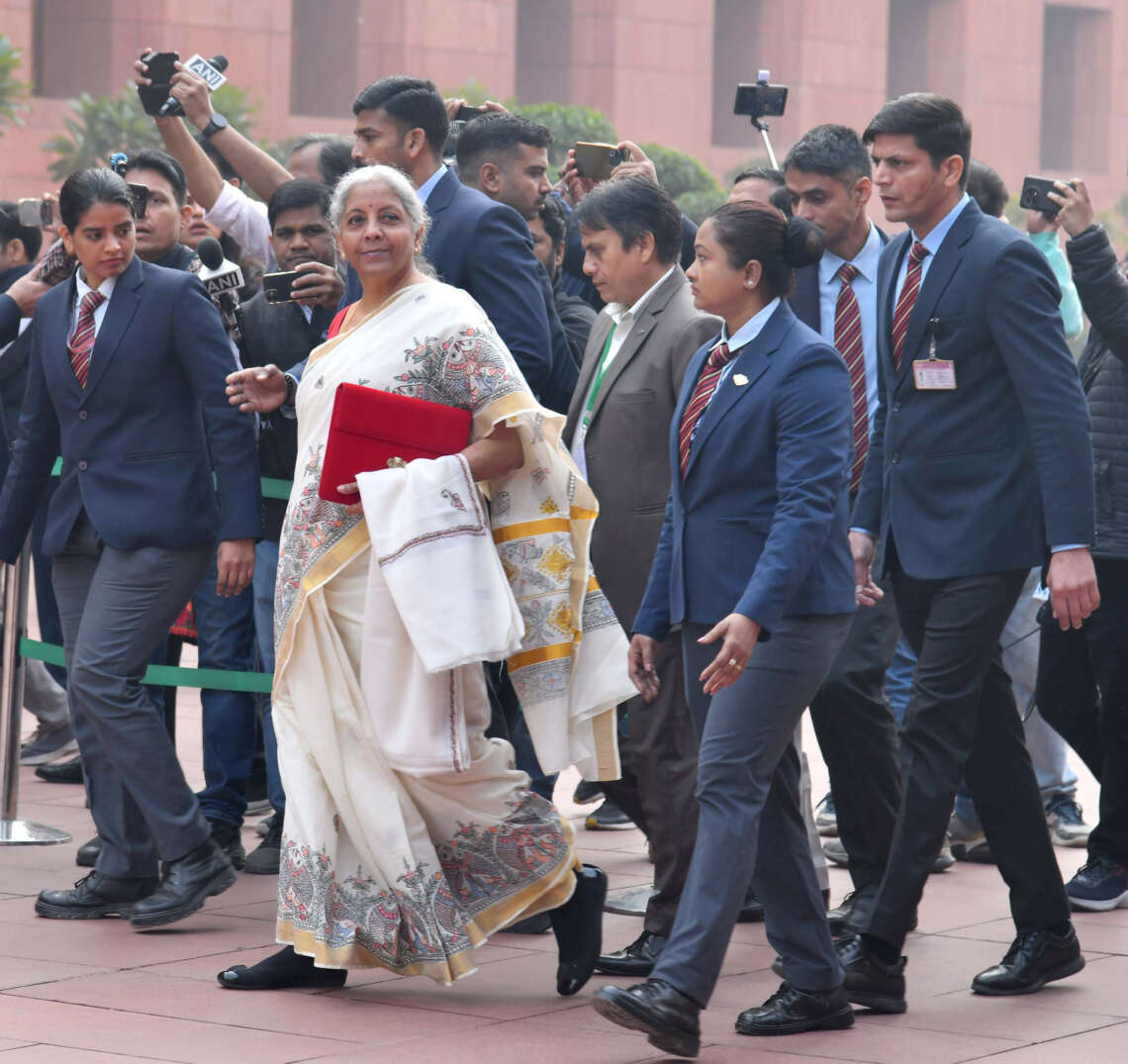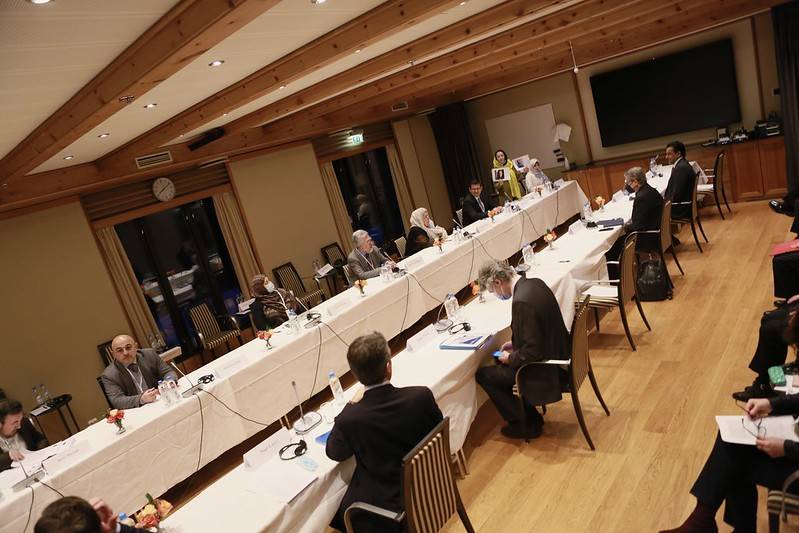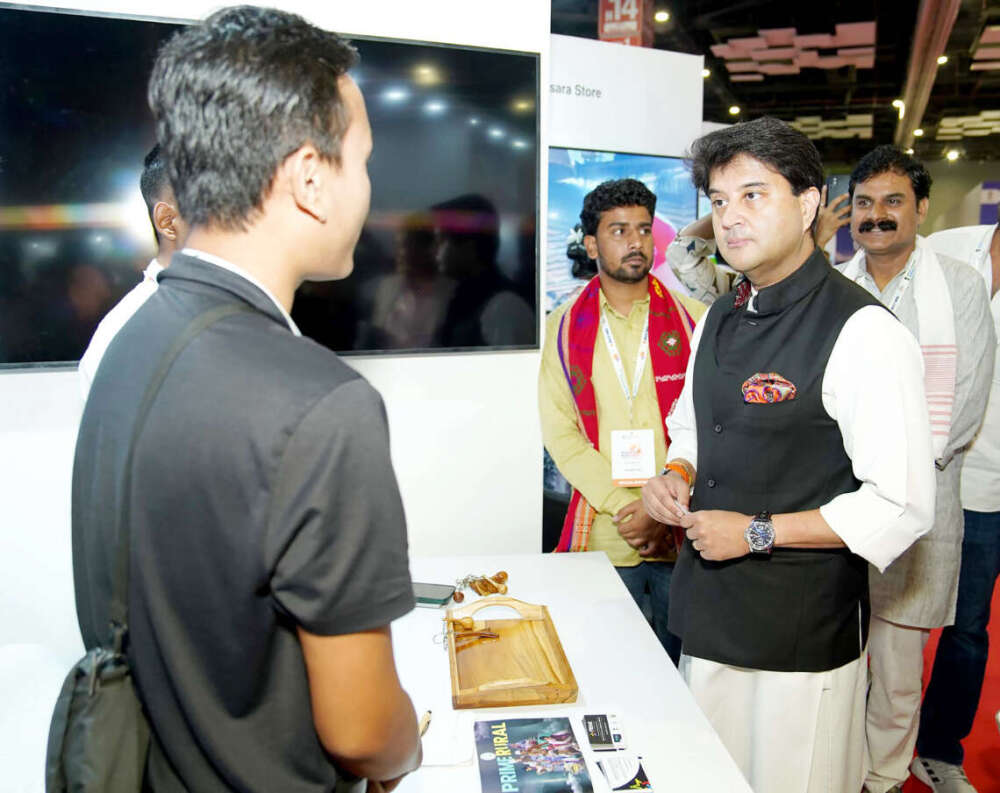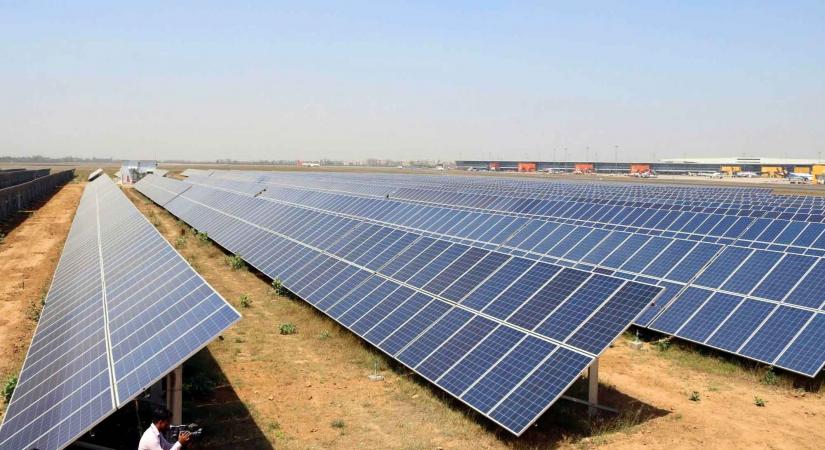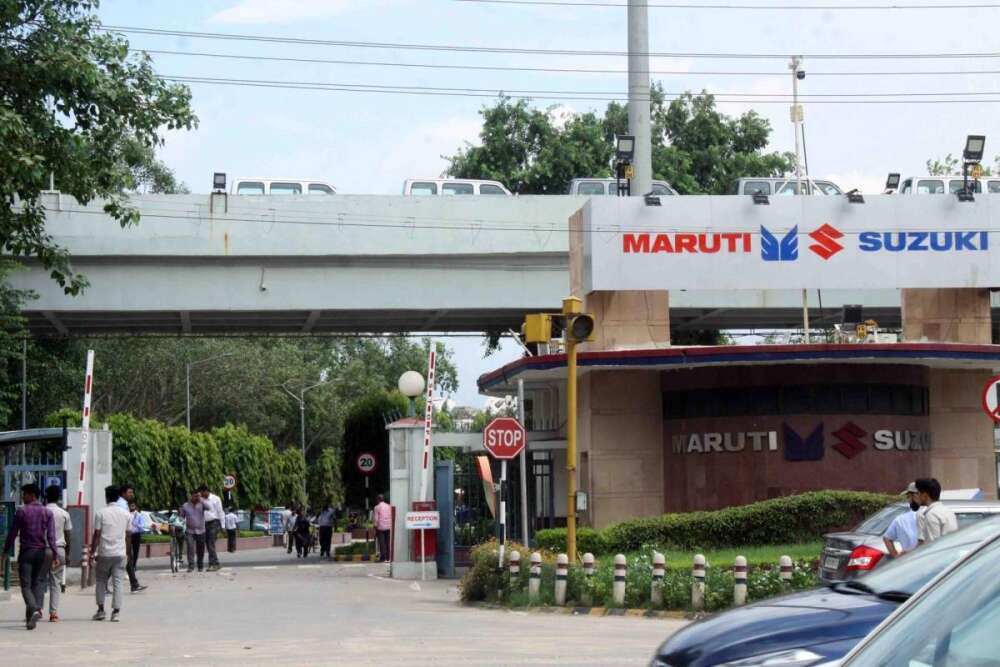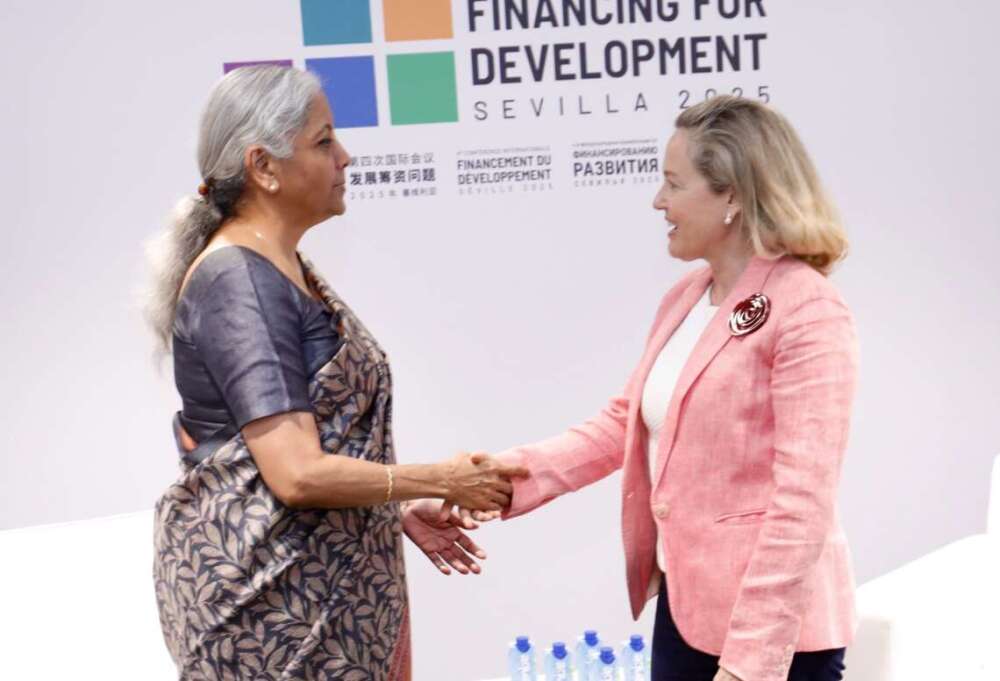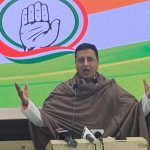Vidit Aatrey, Founder and CEO of homegrown social commerce platform Meesho, said that a singular focus on augmenting offline MSMEs with online distribution could be a game-changing economic transformation opportunity…reports Nishant Arora
To further aid small businesses and empower entrepreneurs, the Union Budget 2022-23 should introduce additional startup-friendly policies and tax relaxations to enable spending on innovation, ease-of-doing business and reducing compliance costs, a slew of homegrown startups said.
New reforms, policy assistance and support mechanisms for establishing a focused approach in solving unmet financial needs through technology will significantly benefit the economy, they stressed.
“We’ve seen a substantial spike in the adoption of digital payments in the last one year. I’m hoping that in the upcoming Budget, the government will think of alternatives to the Zero MDR (merchant discount rate) policy, as that will help promote e-payments and drive significant digital adoption among businesses,” said Harshil Mathur, CEO and Co-founder, Razorpay.
In last year’s Budget, Finance Minister Nirmala Sitharaman had announced Rs 1,500 crore to further accelerate digital payments’ growth in the country.
Mathur said that it would also be desirable for the government to increase contribution to the Fund of Funds for Startups (FFS).
“Hassle-free loan disbursements, automation of tax and compliance, paper-less approvals, and incentives to adopt digital banking practices will also be welcome changes that can support the growth of MSMEs,” he added.
To incentivise startups, the government had last year extended the eligibility for claiming tax holidays for startups by a year to March 31, 2022.
It also extended the capital gains exemption for investment in startups by a year to March 31, 2022, to boost funding.
The country has also seen numerous startups incentivising their employees in the past year with buying back ESOPs.
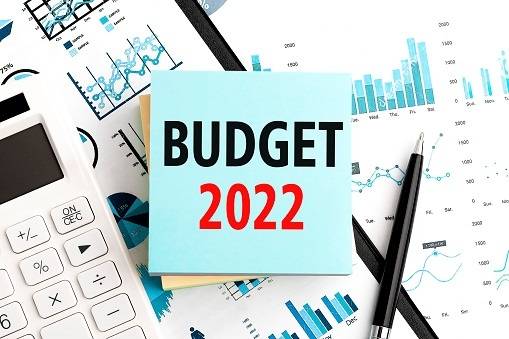
“Deferring tax payments when exercising the option, plus waiving tax for some ESOP receipts, will also be a laudable change in the new budget,” said Mathur.
According to Ravish Naresh, CEO and Co-founder, Khatabook, they are hoping for a progressive Budget, especially aimed at promoting homegrown startups focused on problem-solving for India.
“New reforms, policy assistance, and support mechanisms for establishing a focused approach in solving unmet financial needs through technology will significantly benefit the economy,” Naresh told.
“In addition, the government’s continued focus on enhancing digital infrastructure in the country will ensure progress towards equality in digital access in FY22-23,” he added.
In the last year’s Budget, the government had said it will facilitate setting up of a world-class fintech hub in Gujarat International Finance Tec (GIFT) city.
The government also proposed a portal to collect relevant information on gig workers to help formulate social security schemes for them.
Vidit Aatrey, Founder and CEO of homegrown social commerce platform Meesho, said that a singular focus on augmenting offline MSMEs with online distribution could be a game-changing economic transformation opportunity.
“We would like to see the government focus on policies that will create a level playing field for offline and online sellers with less than Rs 40 lakh turnover,” Aatrey told.
“Simplifying GST compliance requirements for online sellers will also enable millions of small businesses to leverage the potential of e-commerce and contribute to India’s growing digital economy,” he added.
In addition to this, the startups hope that the government incentivises capital formation in the area of logistics and cold chains through policies and infrastructure development.

Akash Gupta, Co-founder and CEO, Zypp Electric, said that they are optimistic that the government will announce new initiatives to encourage local EV manufacturing, facilitate easy finance and create an innovative EV ecosystem.
“We urge the government to reduce GST on EV purchases and rentals from 5 per cent to 2 per cent. A reduced GST would allow consumers to smoothly shift to EV,” Gupta told.
Indian startups raised a record $24.1 billion in 2021, a two-fold increase over pre-Covid levels, while $6 billion were raised via public markets with 11 startup IPOs, a Nasscom-Zinnov report said last week.
The Indian tech startup base continues to witness steady growth, adding over 2,250 startups in 2021, which is 600 more than 2020.




